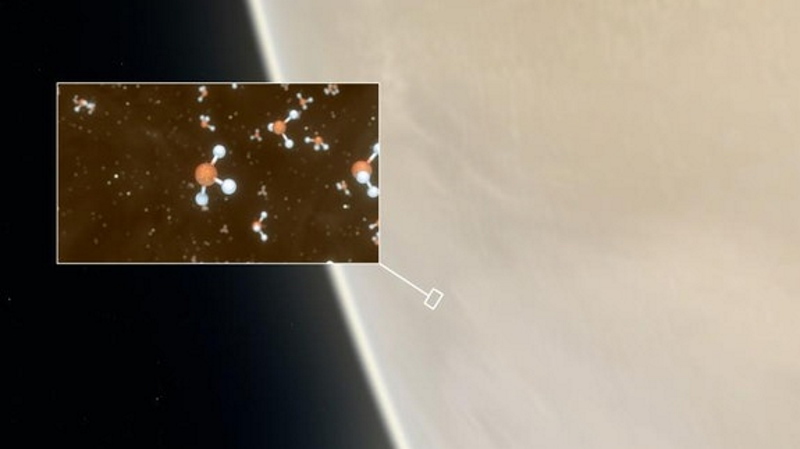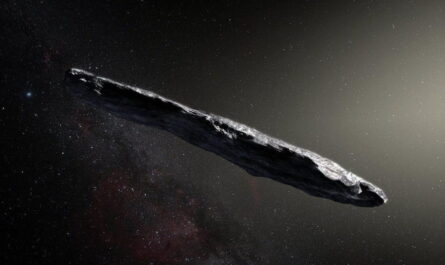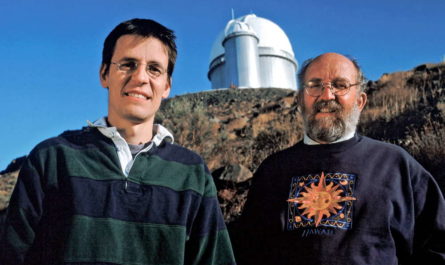For years researchers have been scanning distant galaxies for signs of extra-terrestrial life and more recently the hundreds of exoplanets that have been discovered.
But, if findings published this week are correct, it turns out we should have been looking closer to home all along.
An international team of researchers led by Jane Greaves from the UK’s Cardiff University, have found high levels of phosphine in the atmosphere of Venus which, they say, is a strong indicator of microbial alien life.
Phosphine is a colourless, odourless gas that is often produced by organic matter breaking down. It can also be caused by abiotic processes, but the quantities discovered by the researchers make this unlikely.
Prof Greaves said: “I thought we’d just be able to rule out extreme scenarios, like the clouds being stuffed full of organisms. When we got the first hints of phosphine in Venus’ spectrum, it was a shock!”
The discovery doesn’t come as a complete surprise though. For many years, astronomers have theorised that the high clouds on Venus could support microbes.
The team used the James Clerk Maxwell Telescope (JCMT) in Hawaii to detect the phosphine, with further studies made using the Atacama Large Millimeter/submillimeter Array (ALMA) in Chile.
Professor Greaves added: “In the end, we found that both observatories had seen the same thing – faint absorption at the right wavelength to be phosphine gas, where the molecules are backlit by the warmer clouds below.
“This was an experiment made out of pure curiosity, really – taking advantage of JCMT’s powerful technology, and thinking about future instruments.”
Professor Emma Bunce, President of the Royal Astronomical Society, congratulated the team on their work.
She said: “A key question in science is whether life exists beyond Earth, and the discovery by Professor Jane Greaves and her team is a key step forward in that quest.
“I’m particularly delighted to see UK scientists leading such an important breakthrough – something that makes a strong case for a return space mission to Venus.”
The team are now awaiting more telescope time to carry out additional observations to clarify their findings.




